Magazeti ya leo Tanzania January 26
Karibu Katika Habari zilizopo katika magazeti ya leo Tanzania Jumtano 26 January 2022, Kurasa za mbele na Nyuma Michezo,siasa,udaku na Nyinginezo
Good Morning party people, January 26, 2022. I invite you to take a look at what is written on the front and back pages of Tanzanian Newspapers. Magazeti ya leo Tanzania January 26, 2022 Newspapers
Good Morning party people its January 26, 2022, nakukaribisha kutazama kile kilichoandikwa katika kurasa za mbele na za nyuma za Magazeti ya Tanzania
Newspaper, publication usually issued daily, weekly, or at other regular times that provides news, views, features, and other information of public interest and that often carries advertising.
Magazeti ya leo Tanzania January 26, 2022 Newspapers
Karibu Katika Habari zilizopo katika magazeti ya leo Tanzania Jumatano 26 January 2022, Kurasa za mbele na Nyuma Michezo,siasa,udaku na Nyinginezo
In England the printed news book or news pamphlet usually related a single topical event such as a battle, disaster, or public celebration.
The earliest known example is an eyewitness account of the English victory over the Scots at the Battle of Flodden (1513).
Other forerunners include the town crier and ballads and broadsides.
Tanzania can harness true potential in the rising digital space
In bridging the gap and offering solutions to address the digital divide, Tanzania and the African region as a whole needs to build strong and effective private and public partnerships, stakeholders suggest.
Recognizing the exciting opportunities that have been generated by the developing digital economy, there are still many issues that need addressing in order to harness full digital transformation and boost individual and country’s economies.
This was part of the conversation between leaders of two major companies in Tanzania, Mwananchi Communications Ltd Managing Director, Mr Bakari Machumu, and Vodacom Tanzania Chief Executive Officer Mr Sitholizwe Mdlalose on the challenges, and opportunities in the digital space as well as possible solutions.
In an engaging conversation aimed at dissecting some of the pressing matters in the digital evolution as part of the Mwananchi Thought Leadership Forum (MTL) that is set to climax this week with a symposium themed ‘leave no one behind: Uniting to bridge the digital chasm in Tanzania’, Mr Machumu and Mdlalose provided insight on this topical issue.
Opportunities
The major opportunities in both the media and telecommunication industry is on how the digital revolution has enabled significant transition of businesses.
In the media industry, Mr Machumu stressed how a traditional newspaper company has adjusted its models to survive in an increasingly digital age, in packaging content in more ways than one specifically ensuring an online presence.
He said: “In the digital era the media industry has also evolved.
We have been on a transition from a mere news company, to a content company. We are not just breaking that story but looking at how to package for audiences such as decision makers, business personnel and public so that they can get the message.”
Mr Machumu said in a world where anyone can break news business transformation and engagement with regulators and fellow stakeholders is necessary.
He said this transition has also revealed the need for digital skills and a mindset shift on how to give information to people.
“It’s an area whereas an industry we need to invest in, however, there are good prospects from the new generation who are tech-savvy and very creative,” said Mr Machumu.
For his part, the Vodacom boss said the digital technology growth has pushed the company to transition from a telecommunication company into a tech company.
Mr Mdlalose said through digital transformation of its operations the company also put considerable investment into the strategic pivot from ‘classic telco’ to technology communications (‘tech comms’) company.
He said as part of understating that the company has also initiated several platforms to provide digital skillsets and support to younger generations.
“Partnership between private sector and education institutions is crucial in uplifting digital skillsets,” said Mr Mdlalose.
Mdlalose who joined the company August last year from Vodacom South Africa (VSA) to take over duties of the previous MD Mr Hisham Hendi said he has also observed a good potential with the Tanzanian youths.
He said: “I look across for Tanzania and I have been here for months and there is something about young people in Tanzania in the way that it’s a very innovative and daring population,”
The Vodacom boss said this youth potential is also an opportunity for a country to have the ability to harness the benefits associated with the digital economy.
From the company perceptive he said they have recognized the potential of the digital space development into economic development of key sectors such as agriculture.
For instance, he said how Vodacom’s M-Mkulima platform allows the farmer to access and get information on the best trends on agriculture, cultivating, pests and harvesting.
“There are over 138, 000 small holders’ farmers who are able to receive information around that and be able to benefit from being in this platform to improve their productivity and output,” he said.
“And I think from this we can see from a real example how digital connectivity can bring to the growth of the economy,” he said.
Challenges
With the government goal to reach 80 percent of internet users by 2025, the two stakeholders agreed that there are still a few challenges that stand ahead of us.
“We collectively in private and public partnerships need to work out the solutions that would take us forward on this matter,” stressed Mr Mdlalose.
Data showed that the country has so far 43.7 million mobile phone subscribers but only 23.1 million of them get the internet, with up to 86 per cent locked out in rural areas compared to 44.6 per cent in urban areas. One of the key challenges that Mr Mdlalose mentioned the industry suffered in the country is the profitability.
He said the uncertainty of profit has undermined and/or reduced the investment that people are injecting into the telecommunication industry. “What you need is an industry that is sustainable enough to be able to generate returns for any investors and therefore continue to invest and that is how the cycle works,” he said.
Other challenges according to him revolve around pricing, whereas he said Tanzania is among the lowest pricing for data as the industry is pricing significantly below the cost to produce a gig of data and that makes it very unsustainable.
“Even as you look at our own results for the past three years, the capital investment has reduced over the years because it all about return on investment,”
“The cost of producing a gig of data is still too high and the price too low. Two problems that give you the result of unsustainable industry and therefore lack of investment,” he said. There is also an area of cost of fibre that the industry is involved with, he says.
Mr Mdlalose mentioned that other challenges include the heavy sector taxes, whereas he quoted a report from the GSMA, the global organization unifying the mobile ecosystem that revealed Tanzania among countries with the heavy taxes.
He said according to the GSMA study Tanzanian market taxes amount to 34 percent of revenue, compared to an average of 26 percent in the East Africa region and 21 percent in Europe. “So the burden on the industry again will slow down and undermine investment,” he said.
Investment
One of the key challenges that tech start-ups face in Tanzania include access to capital, and in this Mr Mdlalose who was before a finance director said it related to the risky nature of tech start-ups in Africa.
He said tech start-ups are competing for capital with other developing areas and/or businesses that are expanding or developing.
“It is really coming to the risk appetite, and part of it is that in the continent we don’t have big reference points for strong successful startups and thus risk appetite for investing is still lower coupled with the availability of capital in general,” he said. Mr Mdlalose suggested that it’s not about providing capital but about reducing the risks for some of the startups.
Moreover, Mr Mdlalose the country broadband penetration target of 80 percent would only be achieved through a higher penetration of 3G and 4G devices and unless we do the shift we need to from all the 2G devices we are constantly to be behind the curve.


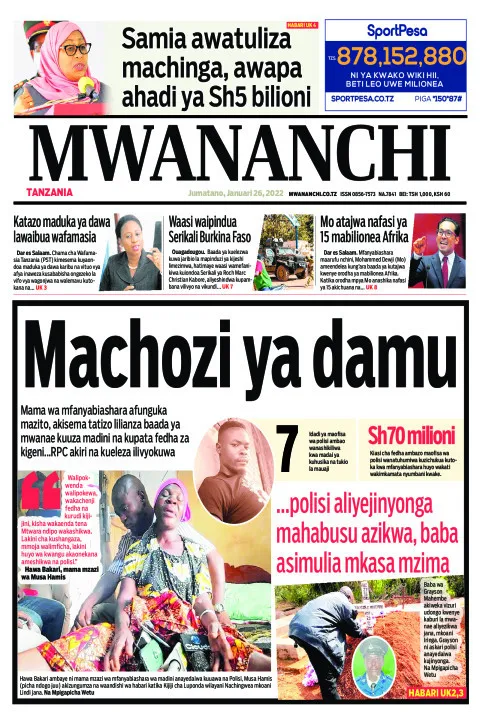
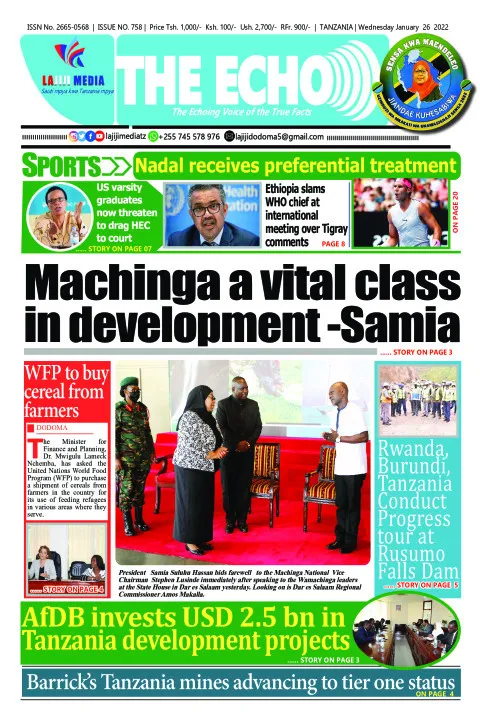
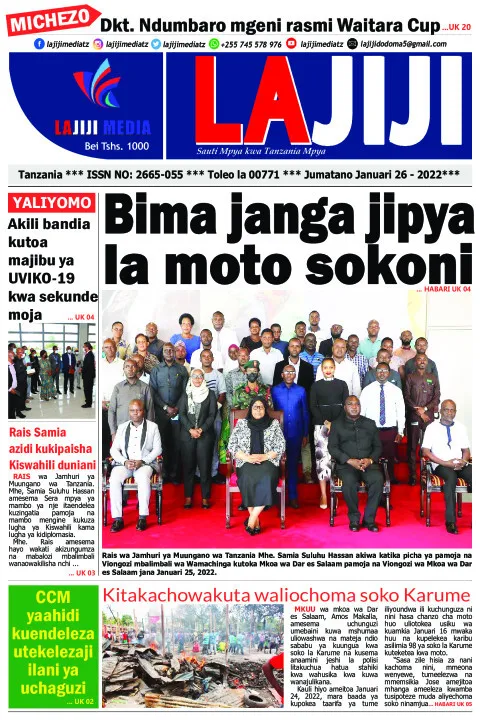
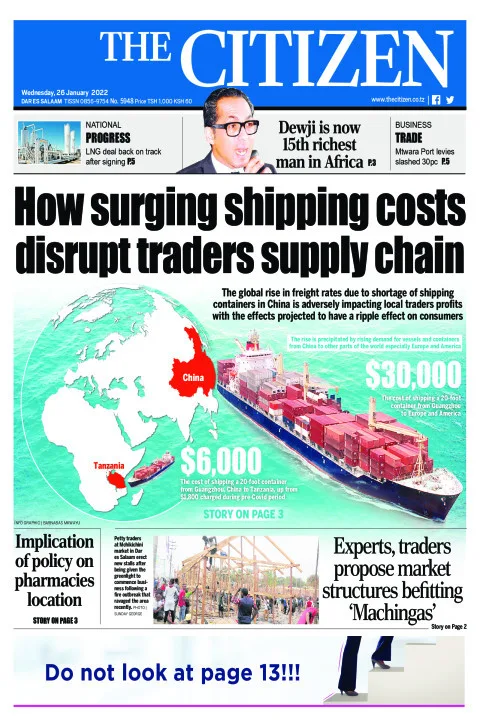
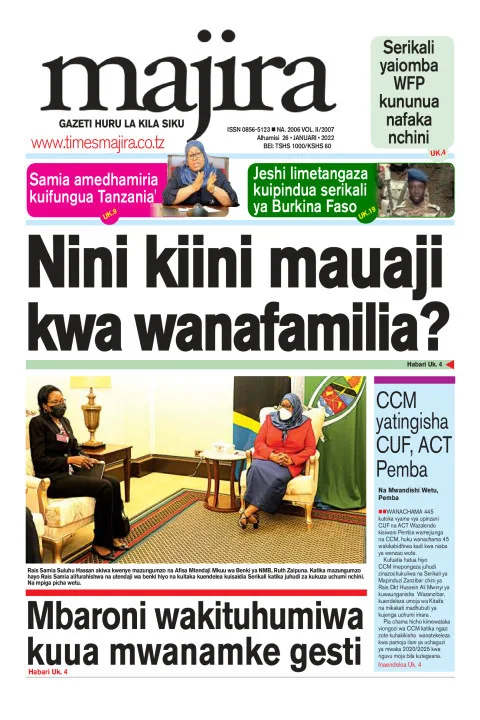
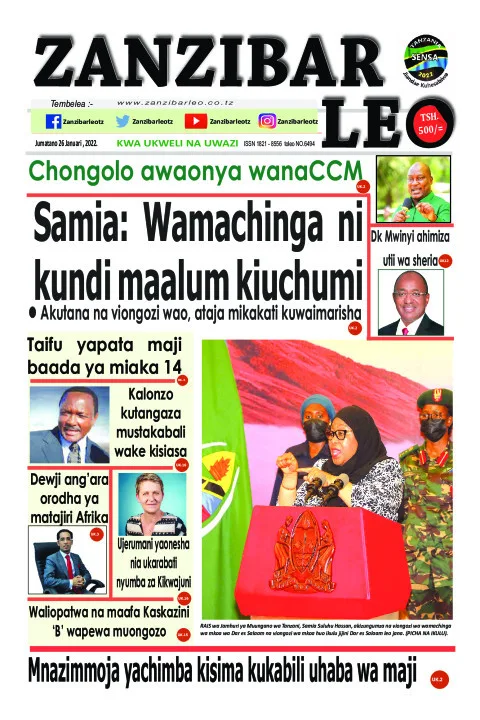
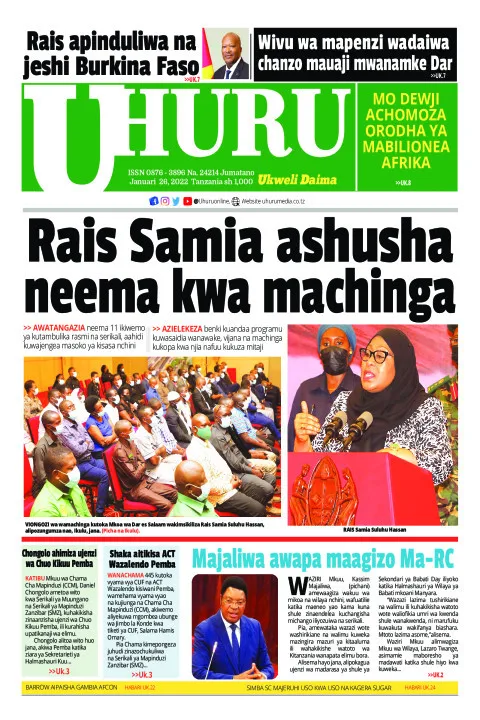
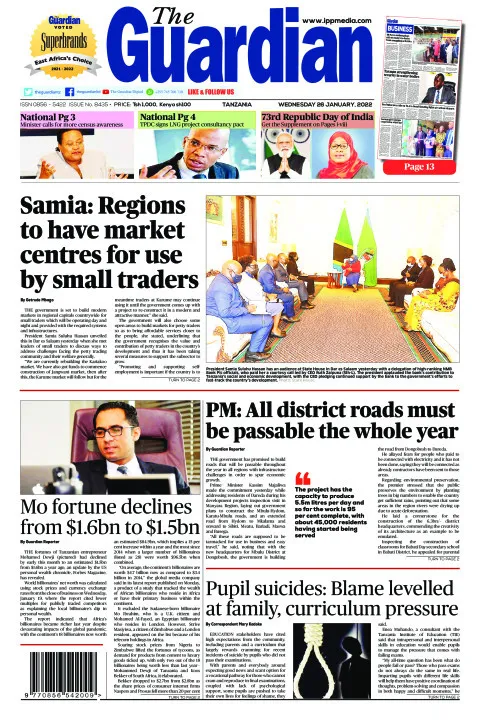
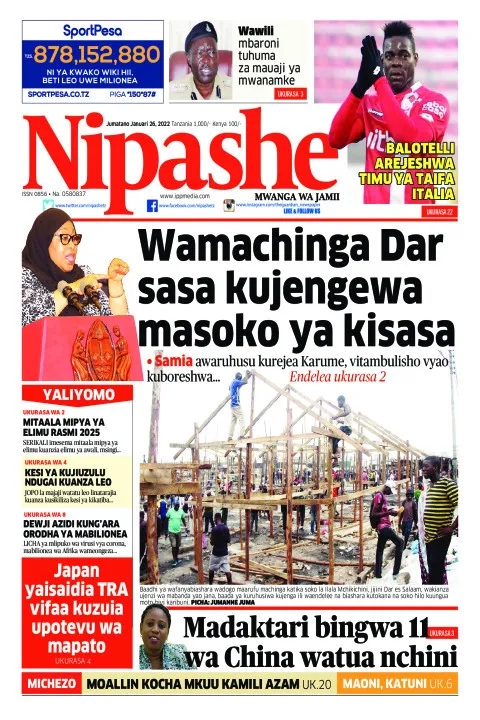
Post a Comment